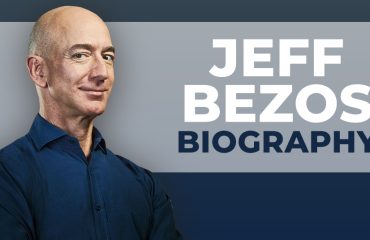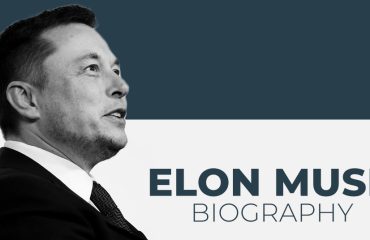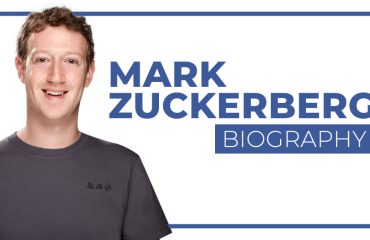What is the hidden ingredient in the recipe of successful leaders?
Success can be defined in many ways. For some it means wealth, for others – respect or fame. But, sometimes, money and power are not enough. Success also means well-being, dreams come true, satisfaction, peace. The late Maya Angelou, a poet – laureate, defines success as: “liking yourself, liking what you do, and liking how you do it.”
Success is an inevitable goal for all leaders. But what is it that differentiates the leader from the mass? Why do some leaders find it easy to inspire and achieve success while others struggle all their lives to achieve it – in vain?
The answer is simple: it’s just that there are people who know how success works and there are others who don’t. In order to see where the real leader belongs, we have to divide all people and what they do, only based on three questions, namely: what, how, and why:
WHAT – this question is the simplest. Everybody knows what they are doing. This group accommodates all people that can follow simple instructions – almost all of the people in the world.
HOW – There is a relatively high percent of people who know how to do stuff – these are the specialists in their spheres.
WHY – this is the question, the answer to which only leaders know. As they say, “Those who know “why” are the ones who pay those who know “how””.
In order to be a leader, you have to have followers. In order to be a leader, you have to lead people. And what is the best way to achieve it? You have to think outside the box. You have to be different. While the majority of people think in the following direction: what à howà why, successful leaders think in the exactly opposite direction, namely: why à howà what.
Here is an example of how both approaches work (or fail to do so):
A local farmer (A) sells chicken. Here’s how he reaches his potential clients: I sell chicken (what). They live in very good conditions and I don’t use hormones or antibiotics while raising them (how). Buy my chicken and you’ll be happy with their quality (why).
A local farmer (B) sells chicken. Here’s how he reaches his potential clients: Do you want to give your family the best? Are you sick of paying for tasteless meat full of antibiotics and hormones (why)? My “girls” are free to play outside and eat the best natural food (how). Would you like to have them on your table (what)?
Whose chicken would you like to get for dinner?
The basic idea is that people don’t buy what you sell – they buy what you believe in. In the case with farmer B, the price wouldn’t stop them from buying even if his price is much higher than the price of farmer A. Isn’t this every business’ dream?
So, back to the recipe of success – what should you do when money, people, and market conditions are off the table? Just put your heart in what you believe in and share your dream. If it is worth it, people will follow you. And THAT’s what makes you a leader.
In the following video you can learn more about Simon Sinek’s model of inspirational leadership called the “Golden circle”, simply explained by the example, such as Apple, Martin Luther King and Wright brothers.






